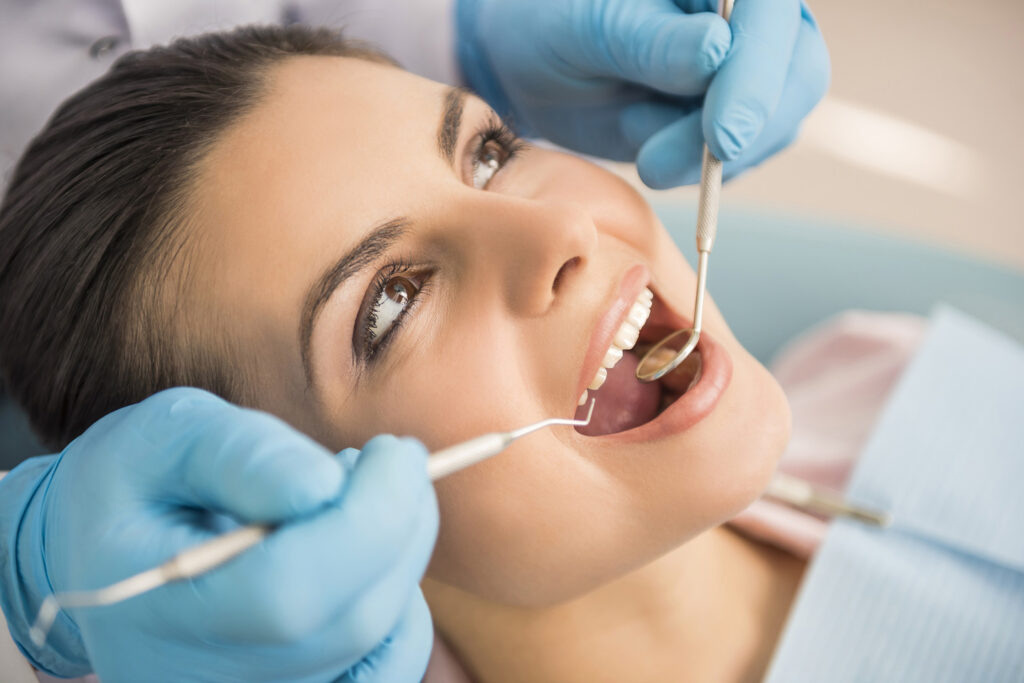
Can Bad Oral Hygiene Cause Cancer? Debunking the Myth
Understanding the Oral Microbiome
The Link Between Oral Hygiene and Cancer
Several studies have explored the potential connection between poor oral hygiene and cancer risk. One area of interest is the association between periodontal (gum) disease and various types of cancer. Periodontal disease is characterized by inflammation and infection of the gums, often resulting from inadequate oral hygiene practices.
Research suggests that individuals with periodontal disease may have an increased risk of certain cancers, including oral, esophageal, and pancreatic cancer. The proposed mechanism involves chronic inflammation and the release of inflammatory mediators, which could promote tumor development and progression in other parts of the body.
However, it’s essential to note that while these findings are intriguing, they do not establish a direct cause-and-effect relationship between poor oral hygiene and cancer. Other factors, such as smoking, alcohol consumption, and genetic predisposition, also play significant roles in cancer development. Therefore, it’s challenging to isolate the specific contribution of oral hygiene to cancer risk.
Furthermore, the evidence regarding the link between oral hygiene and cancer remains largely associative, based on observational studies. More robust clinical trials and longitudinal studies are needed to establish a definitive causal relationship between the two.
Maintaining Good Oral Hygiene
Brushing and Flossing: Brush your teeth at least twice a day and floss daily to remove plaque and food particles that can lead to gum disease and tooth decay.
Regular Dental Checkups : Schedule regular dental exams and cleanings to detect any oral health issues early and receive professional guidance on maintaining oral hygiene.
Regular Balanced Diet: Eat a balanced diet rich in fruits, vegetables, and whole grains while limiting sugary snacks and beverages, which can contribute to tooth decay.
Avoid Tobacco and Excessive Alcohol: Tobacco use and heavy alcohol consumption are significant risk factors for oral cancer and other health problems. Quitting smoking and moderating alcohol intake can significantly reduce your risk.
Stay Hydrated: Drink plenty of water throughout the day to keep your mouth moist and wash away food particles and bacteria.

